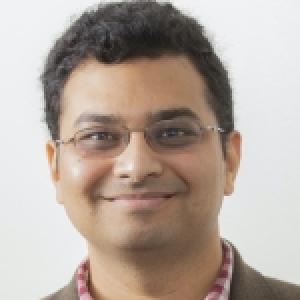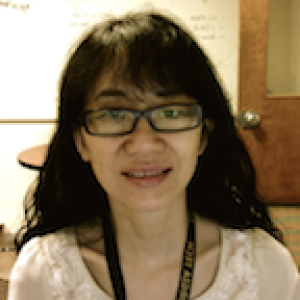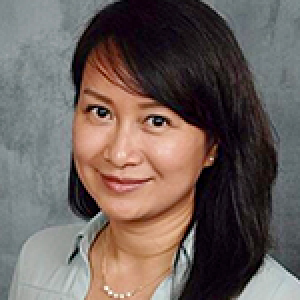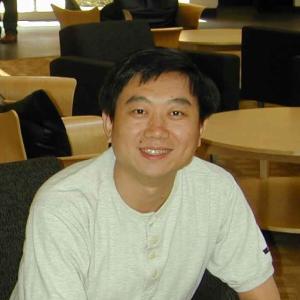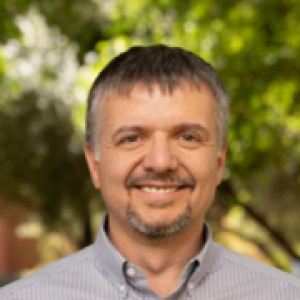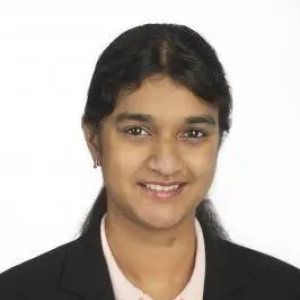Vidya Muthukumar is an Assistant Professor in the School of Electrical and Computer Engineering and H. Milton Stewart School of Industrial and Systems Engineering at Georgia Institute of Technology. Dr. Muthukumar’s broad interests are in game theory, online and statistical learning. She is particularly interested in designing learning algorithms that provably adapt in strategic environments, fundamental properties of overparameterized models, and the foundations of multi-agent decision-making.
Dr. Muthukumar received the B.Tech (with honors) degree from the Indian Institute of Technology, Madras and the Ph.D. degree in Electrical Engineering from University of California, Berkeley. She interned at IBM Research in the summer of 2018 as a Science for Social Good fellow. Before joining Georgia Tech, she spent a semester at the Simons Institute for the Theory of Computing as a research fellow for the program “Theory of Reinforcement Learning.” She is the recipient of an Amazon Research Award, NSF CAREER Award, Adobe Data Science Research Award, Simons-Berkeley Google Research Fellowship, and the UC Berkeley EECS Outstanding Course Development and Teaching Award.
Dr. Muthukumar has served/is serving as an Area Chair for COLT (2021-2024), NeurIPS (2023 and 2024), ALT 2024 and UAI 2024. She also co-organizes several mentorship workshops as part of the Learning Theory Alliance team, and organized the ITALT symposium in 2024.



